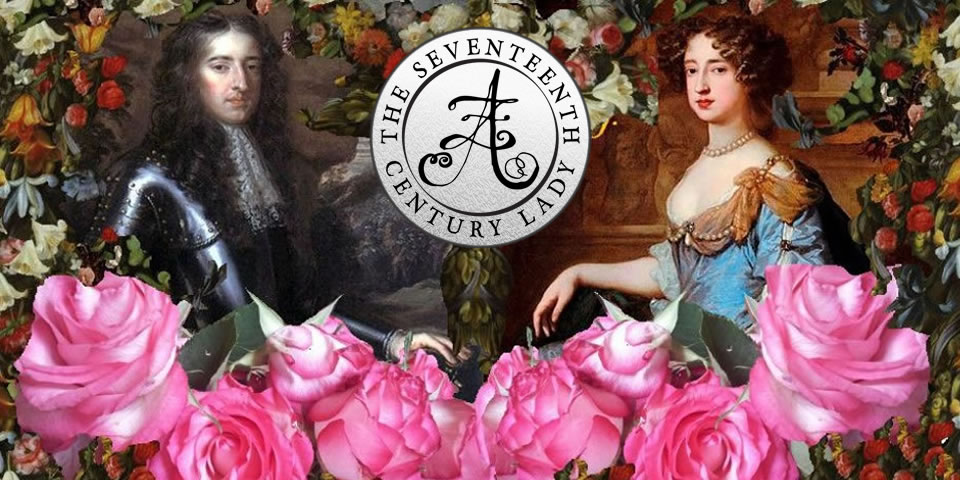I came across a Facebook post by historical fiction author Kate Quinn recently in which she wrote: ‘sometimes we come across books at the wrong time. We’re in the wrong mood for a particular book at a particular time, or we’re at the wrong age for it. But we find it later and –chef’s kiss– perfection’. This quote really resonated with me and I think this is the most accurate description of my experience with The Bitter Trade. I was sent this novel for review by the author way back in 2014 (to my everlasting shame) and I tried to read it six or seven times in the past six years yet I just couldn’t get past the first chapter. Why? Honestly, I had an initial dislike of the language and the setting; for despite it being set in the 1680s, it was simply too bleak for me. Being only a month away from reaching the age of thirty-five, I suddenly found I could now read—and appreciate—this book in its entirety.
The story centres on the bold, red-headed seventeen-year-old, Calumny Spinks, who lives with his French mother, Mirella, and his English father, Peter, in an English backwater. Calumny, who has ambitions to be a ‘Mister Spinks’ and be at least a genuine apprentice to his father, a silk weaver, has a gift for mimicry—a talent which he uses to great effect throughout the book. Yet he is hindered by a rather indifferent and secretive father, illiteracy, and a massive, life-threatening dilemma.
With the exception of one major event, the story doesn’t really get going until a little over a hundred pages in, where a major secret is revealed (which was huge and really got me (Stuart-crazy lady!) excited to see what was to come. From then on, it is a gritty ride through the grimy streets of everyday life in London – and Alexander brought the stench and dirt to life most vibrantly.
I understand now why I didn’t like the story in my previous attempts at reading it: the tale remains a dark one, of people who are saddled with great burdens, shameful secrets, plagued by past cruelties and ruinous debts. People who hope and dream, who plot, who steal. It is a mirthless tale, but one that is nevertheless gripping, written with an energy and uniqueness of voice which I found compelling. As I mentioned earlier, it is a bleak yet daring book, with violent and visceral scenes which reminded me of a book I read earlier this year, Pete Langman’s Killing Beauties. In an early chapter of The Bitter Trade, one character suffers a violent fate which I found disturbing but this set the tone for the rest of the story. Perhaps I’m too soft, but I found I enjoyed the sex scenes much more than the violent scenes (this personal preference probably also explains why I ultimately stopped watching Game of Thrones). On the subject of sex, there were three main love interests in the book and, of these, I was ultimately left a bit confused by Violet’s motivations, never truly warmed to Emilia, and wanted a whole lot more of Lottie. I’m sure other readers will find their own favourite among these characters.
By the end of the book, various characters ended up having what I found to be a very modern sheen and some readers will relate to the depiction of race, sexuality, and gender more than others. Some of the secondary characterisations jarred with my understanding of seventeenth-century gender roles, yet this did not take away from the story. The political, ethnic and religious spheres and tensions are always present especially with Catholic versus Protestant, King James VII & II versus King William III, and nationalities such as English, Irish, French, and Dutch most prominent in the mix. I loved how Alexander wove both the importance of guilds and that controversial and popular Stuart-era novelty, the coffeehouse, into the tale. The run-up to the Glorious Revolution was done very well indeed, I thought.
The most impressive thing about The Bitter Trade is that this was the author’s debut, and such, it is a striking achievement and I can finally say that I enjoyed reading it. I hope to continue Calumny’s story in the sequel, Scatterwood.
TSCL rating: 4/5

